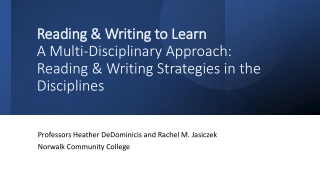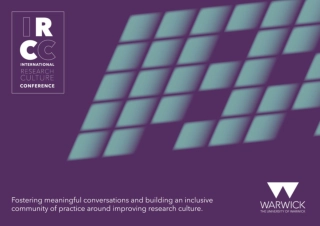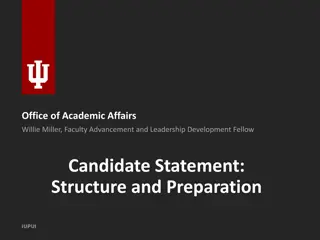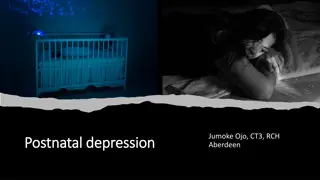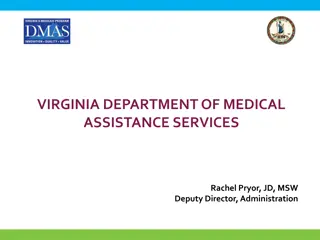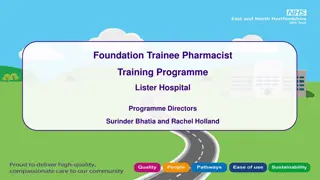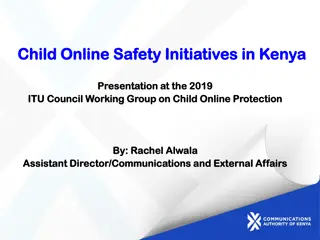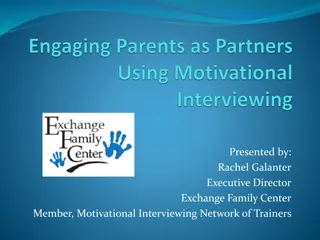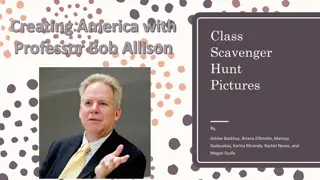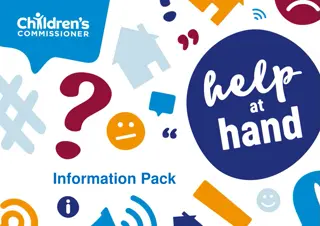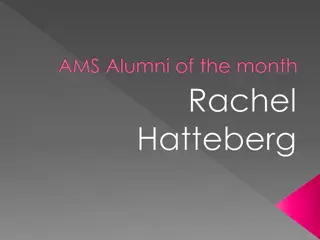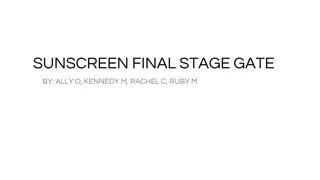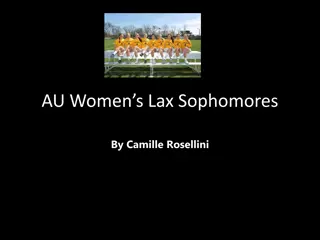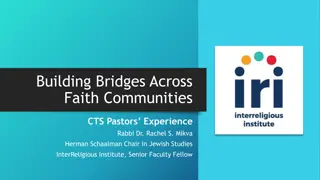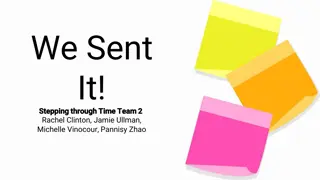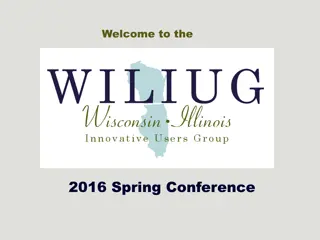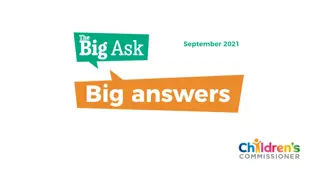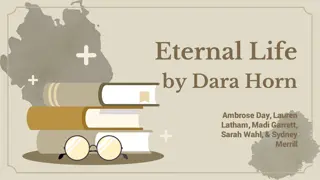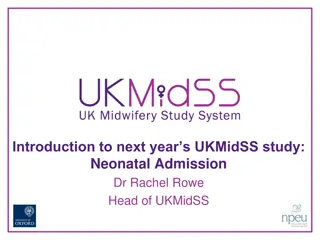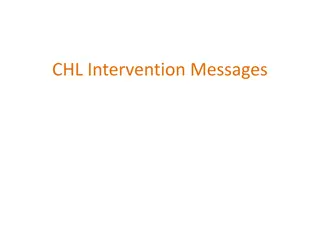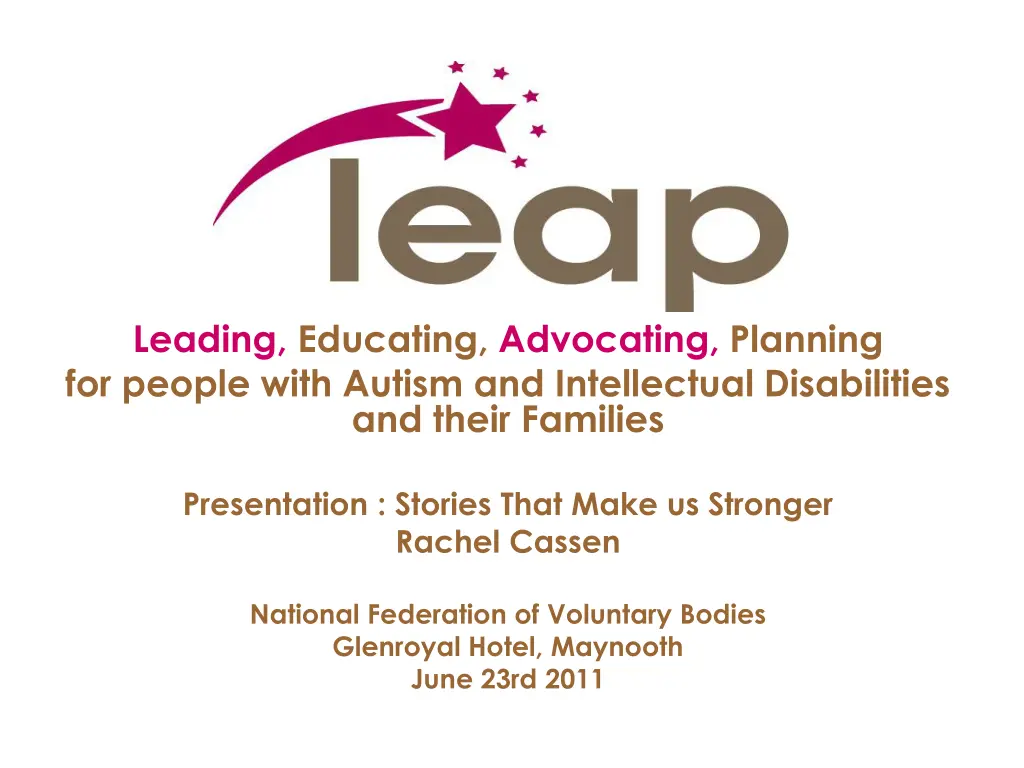
Empowering Lives: Advocacy for Autism & Disabilities
A presentation by Rachel Cassen from the National Federation of Voluntary Bodies, focusing on leading, educating, advocating, and planning for individuals with autism and intellectual disabilities. Founded in 2008, the organization aims to support active citizenship, self-determination, and community involvement. Their mission includes providing facilitation for person-centered planning and developing skills to engage with service providers and policymakers positively.
Download Presentation

Please find below an Image/Link to download the presentation.
The content on the website is provided AS IS for your information and personal use only. It may not be sold, licensed, or shared on other websites without obtaining consent from the author. If you encounter any issues during the download, it is possible that the publisher has removed the file from their server.
You are allowed to download the files provided on this website for personal or commercial use, subject to the condition that they are used lawfully. All files are the property of their respective owners.
The content on the website is provided AS IS for your information and personal use only. It may not be sold, licensed, or shared on other websites without obtaining consent from the author.
E N D
Presentation Transcript
Leading, Educating, Advocating, Planning for people with Autism and Intellectual Disabilities and their Families Presentation : Stories That Make us Stronger Rachel Cassen National Federation of Voluntary Bodies Glenroyal Hotel, Maynooth June 23rd 2011
Leading - Showinganotherway Educating - Families, Professionals, Service Providers & Policymakers Advocating - For Personalisation, an alternative resource allocation system and system and policy change Planning - for better futures for people with Intellectual Disabilities and for people with Autism Spectrum Conditions (ASC) and their families
Who We Are Founded in 2008 by three parent graduates from the Partners in Policymaking Programme and two professional allies to enhance the lives of people with intellectual disabilities and autism spectrum disorder. Joined by other parent advocates and one professional ally in 2010 who were also interested in developing and delivering information and training workshops for parents - we are all highly qualified volunteers and at the moment we have no paid staff we have received funding from the St Stephen s Green Trust and from Genio. Our main activity has been networking with families of people with Autism & Intellectual Disabilities, with professionals, other disability groups/organisations, service providers, Taking Control and policymakers to find a way to bring about positive change in our society for people with disabilities.
Our Vision (what we want to achieve) To support people with Autism and people with Intellectual Disabilities to become active citizens by strengthening their knowledge, role and influence in partnership with their families. To empower families and people with Autism & Intellectual Disabilities to lead lives of self determination and to be actively involved in their communities To support people with Autism & Intellectual Disabilities to develop meaningful and sustainable relationships within their own community
Our Mission (what we want to achieve) To provide independent facilitation for people with Autism and Intellectual Disabilities to enable them to engage in person centred planning To support families and people with Autism & Intellectual Disabilities to develop the skills and knowledge that are necessary to engage with service providers, funders, policymakers and other external influences in a positive and productive manner. To facilitate the creation of personal networks that will enable the person with Autism & Intellectual Disabilities to live the live of their choice which is safe and secure
Our Membership Our membership is open to all Family members and carers of people with Autism & Intellectual Disabilities Individuals with Autism Individuals with Intellectual Disabilities Professional Allies Who subscribe to LEAP s aims and objectives
What we are doing Provide practical information and training through information sessions and workshops the roll out of series of workshops funded by Genio from December 2010 to September 2011 Networking and Developing strategic alliances with families, disability groups/organisations, professionals, policymakers and service providers Advocating for personalisation, an alternative resource allocation system, independent facilitation and proofing of social policies to prevent or eliminate the social exclusion of people with Autism & Intellectual Disabilities
Capacities and outcomes Our workshops and programmes are designed to give parents a greater understanding of how the system works, to increase their self knowledge (what happens to parents in the process of caring for a child with a disability), to experience finding their voice, to become a strong advocate and to work in collaborative way with professionals, service providers and legislators. Parents are enabled to move from emotions to advocacy (from inaction to action) and learn that they are not alone. When families have knowledge, information and practical skills to articulate the needs of their son or daughter they are empowered to make more informed choices and decisions to meet the challenges that arise. These challenges include the fear of losing services and the fear of what will happen to their son or daughter when they are longer around.
Our workshops and programmes also compliment succession planning, giving families the opportunity to reflect on how to negotiate with service providers more effectively. Our workshops and programmes give parents opportunities to up skill in the areas of communication and problem solving, developing networks, developing circles of support and influence, planning and negotiating with services for the best possible outcomes.
The workshops and the programmes focus on outcomes that promote community presence based on choice and preferences, valued social roles, the contribution of people with a disability and promoting community capacity to support people with disabilities. The families support other families and people with disabilities to plan a desirable future and design actions to move toward that future. By having family facilitators assisting other families in the process of person centred planning, people feel supported, they feel secure in sharing their dreams and have confidence in the skills of the facilitator. Parents feel empowered by the process and have more hope and certainty for the future.
Parents are best supported by others who have had similar life experiences. When parents stand beside each other it enables them to increase their confidence and problem solving abilities and support each other to meet their children's needs and their own needs. Modelling personal values and skills is a very powerful way for parents to increase their own and other parents personal strengths and resilience. Families become their own agents and are enabled to work in partnership with service providers, create awareness in their community of the needs of people with disabilities, and work in collaboration with other disability organisations, service providers, state agencies and policymakers.
Research tells us that when families are part of the planning for the future it increases personal strengths and resilience, prevents isolation and enables social inclusion. When people are valued for who they are and what they can contribute they are less likely to suffer from depression or other mental illness. Family members can become contributors as they are enabled to stay in employment or return to employment, therefore needing less financial subsistence from the state.
Strengthening Families Family members are the natural advocates for their relative with a disability. These barriers are often services that sabotage family well being. We are the experts in our own experience. Services do not intend to sabotage family well being, they do not set out in the morning to do this. We witness our loved ones struggle for acceptance and know the barriers that they face.
Time to reflect But often this is the unintended negative consequence of service involvement in family lives. Families frequently enter services at times of great stress in their lives. Families who come to Leap events have usually reflected on service outcomes and are at a point where they wish to go in a different direction (Or what Carl Dunst calls the response costs for seeking and accepting help).
Stories that make us stronger In the Leap workshops we attempt to create a safe place for families to allow new stories to emerge. Families may not always agree and there will always be different points of view based on personality, family values culture, etc. These are the stories that make us stronger. But families supporting each other allows family voices to emerge and enables people to learn from one another's experience and perspective. Stories that imagine what a Good Life for our family member with a disability would look like. and to begin to see the resources that exist when they begin to look in ordinary places. These stories give us back our own lives too and allow us to inhabit the present with less fear for the future.
There are no clear Pathways We make the Path by Walking Paolo Freire
Thank you Rachel Cassen Contact us at leap@ireland.com

